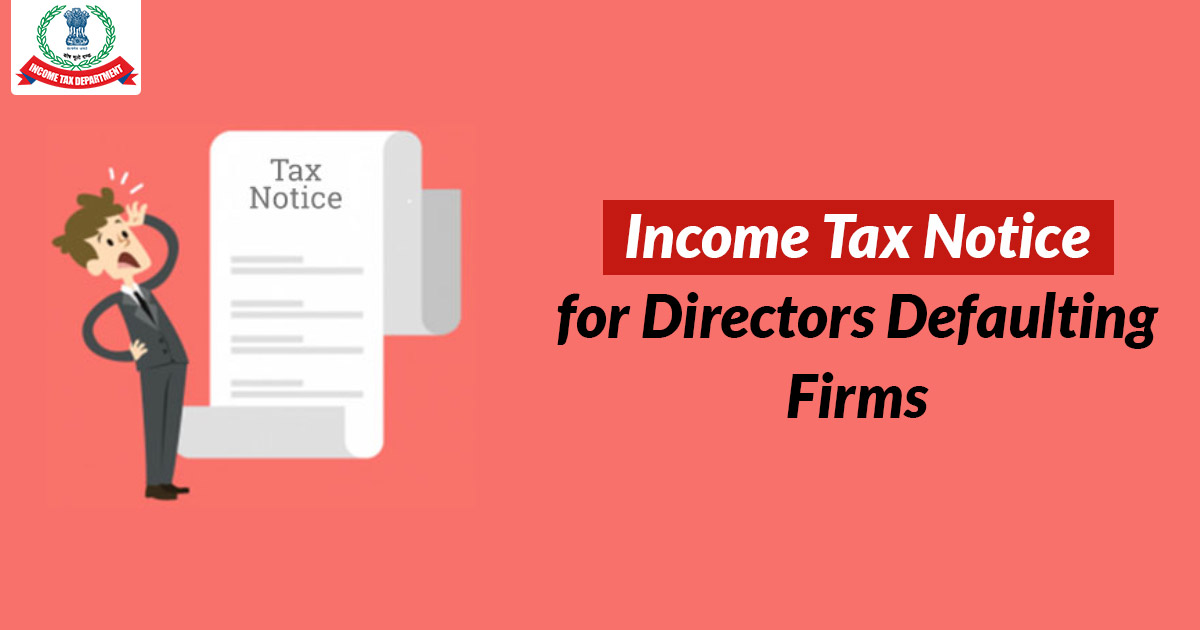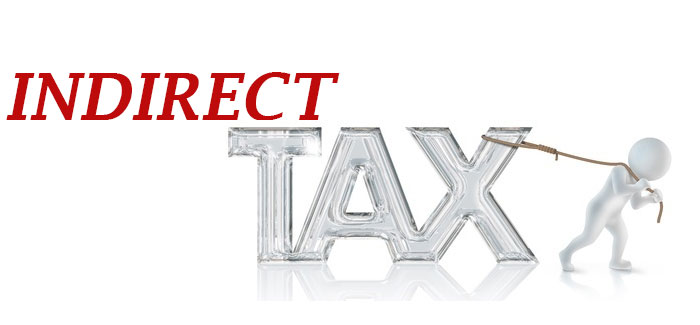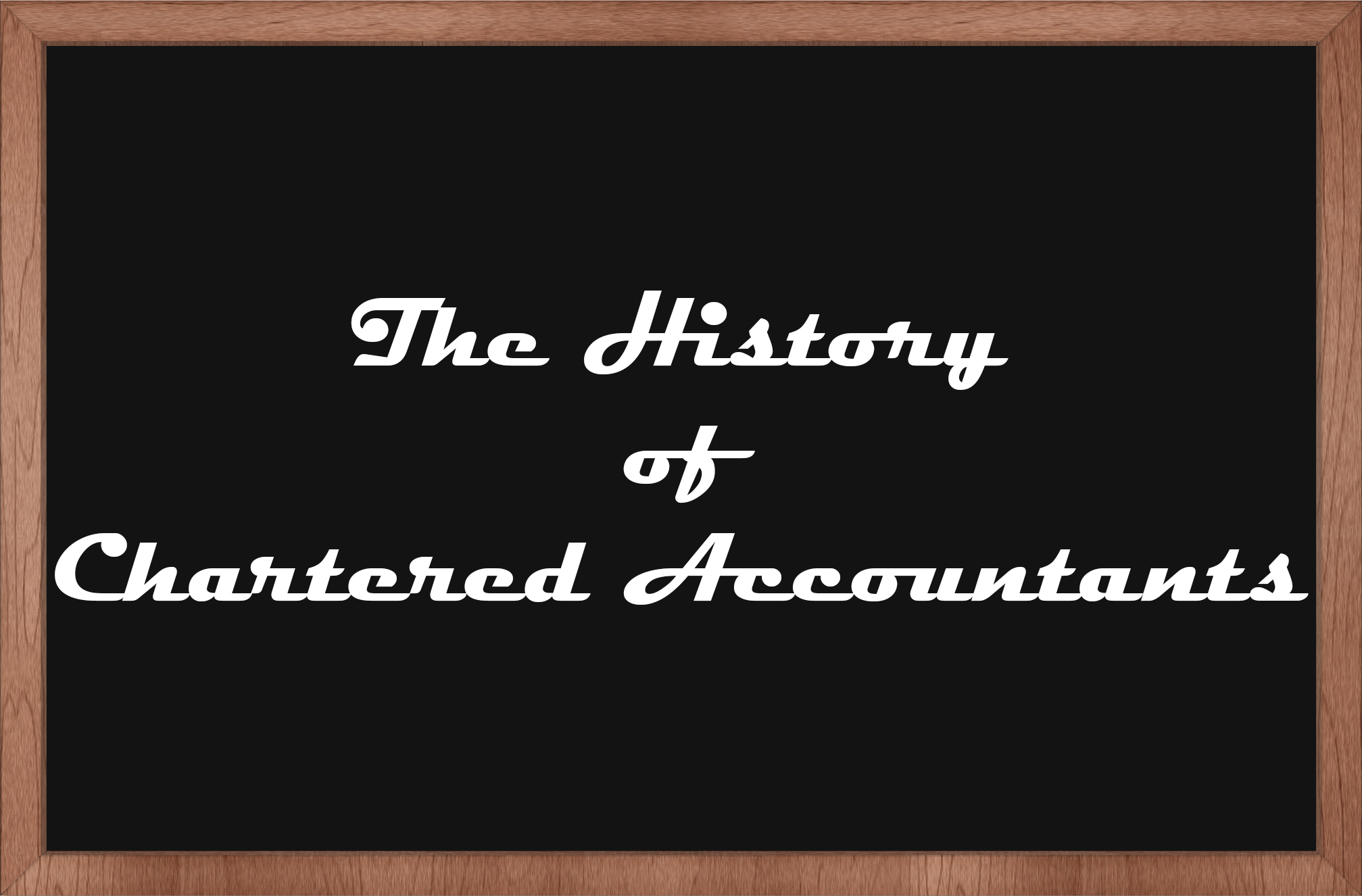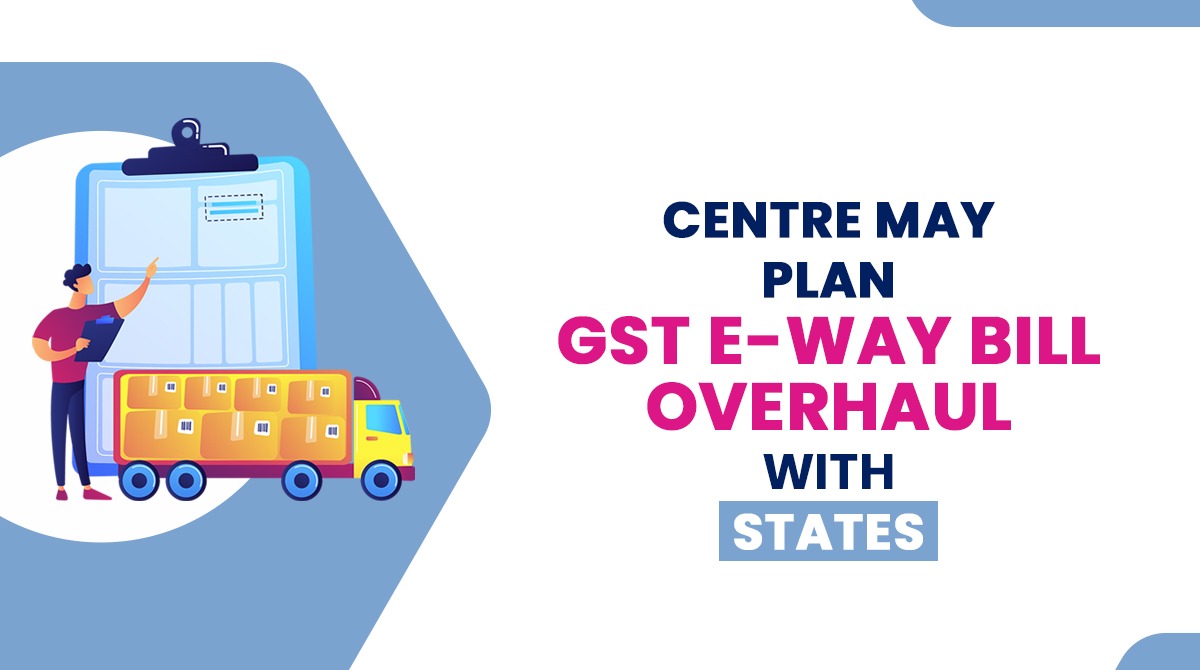
The Income Tax Department is sending notices to the Directors of the private limited companies owing to the company’s tax dues. As far as tax issues are concerned, the director is now the face of the company for the tax department. Such notices are sent to the Directors based on the law u/s 179 of the Income Tax Act, the directors are answerable of any tax dues encountered under the name of the company.
Sources from the Business Standard newspaper confirmed that such notices are constantly increasing over the past few years. The reports, however, didn’t reveal the number of such notices sent to the company directors.
For instance, the company is unable to make tax payments, then the director of the said company is liable for paying the outstanding dues. The official also explained that directors in such cases are offered an opportunity to give their view and that no coercive action is taken.
Relevant to the notices issued, influentials from the Income Tax Department clearly stated that in the case of the closely held companies the law gives authority to the tax officials for recovering the tax dues from the Directors. He further claimed that they are just adhering to the tax laws and sending notices of outstanding tax dues to the directors of the companies.
The law is aimed at reviving the tax by pressurising the influential of the defaulting company. Recently the administration is on a mission to revive both direct and indirect taxes 
Opening up on the current situation, a tax official said that there are several instances when the services enjoyed by the Directors of the companies are noted under the expenditure of the company curbing it (the company) from achieving the profits and fulfill its liabilities. This in fact reduces the tax liability on the Director’s personal income owing to the expenditure costs.
Ved Jain (former president of accounting rule maker the Institute of Chartered Accountants of India 









